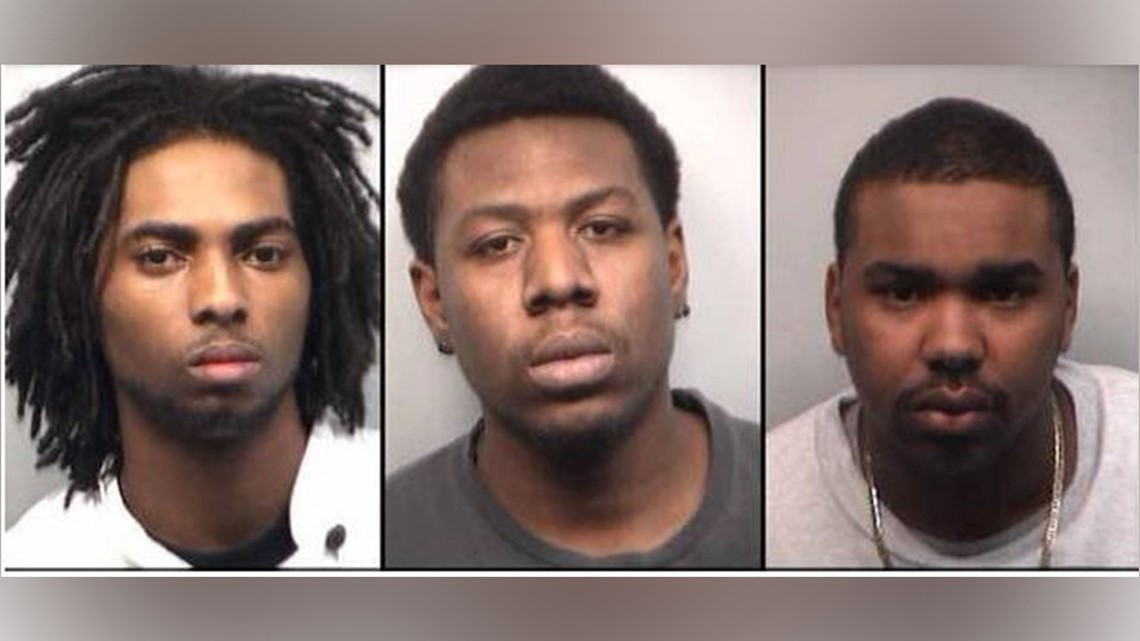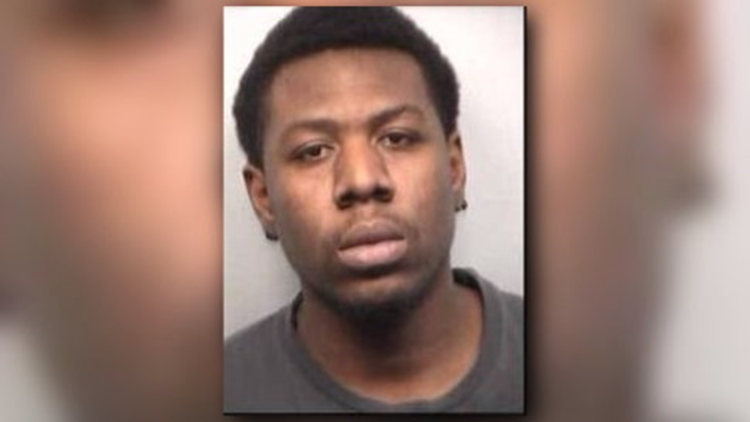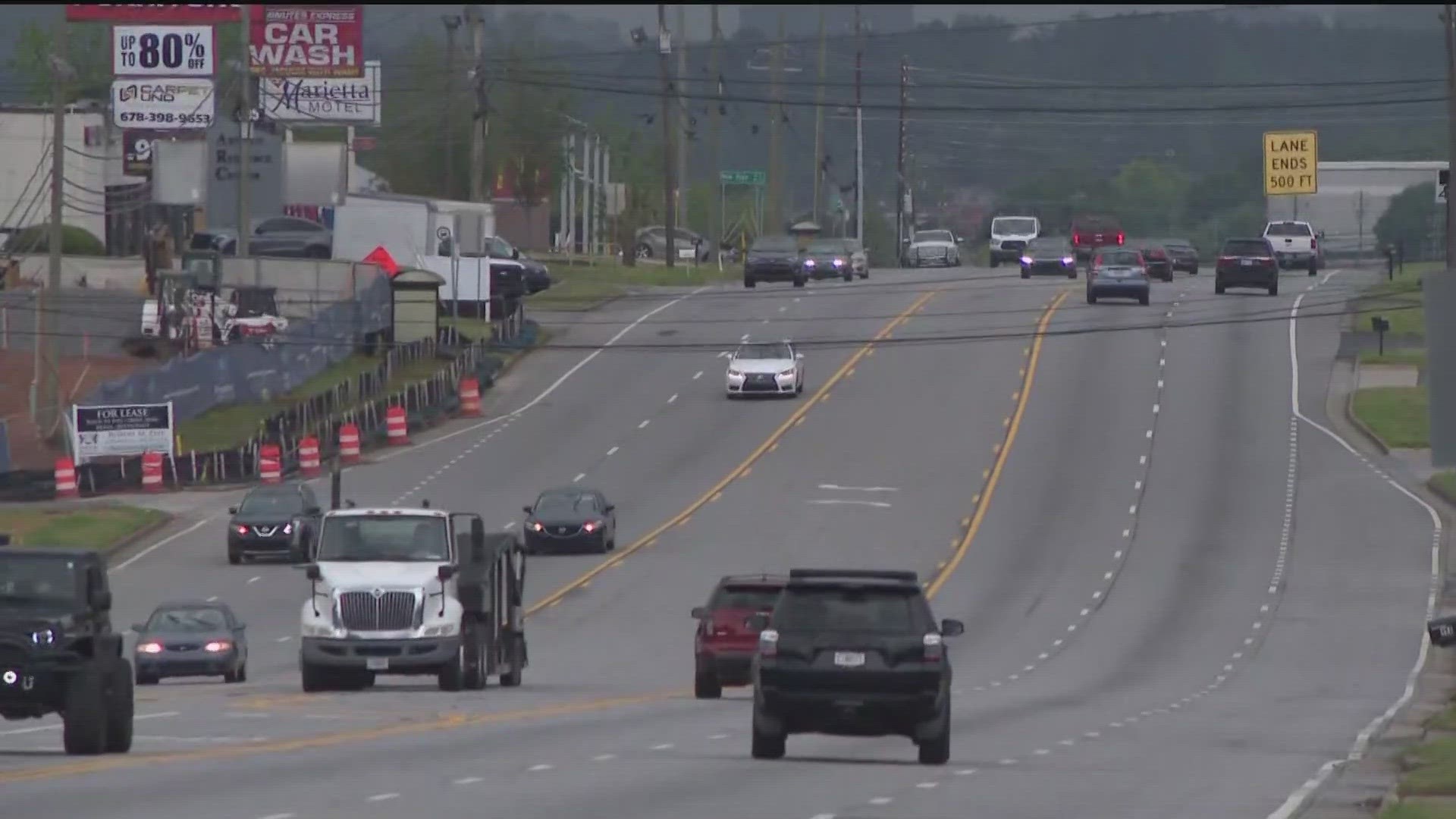A Roswell man is possibly looking at a new trial after the Supreme Court of Georgia reversed a murder conviction and life sentence for his role in a deadly shooting over a gold necklace in Milton.
Michael Denay Grant’s conviction was unanimously overturned after the court found he was interrogated after he invoked his right to remain silent during an interrogation with Milton Police over the shooting death of Christopher Walker, 19, on March 12, 2013.
“We conclude … that the trial court erred when it admitted a statement against Grant that law enforcement officers elicited from him in a custodial interrogation after he unequivocally invoked his right to remain silent, and the State has failed to show that this error was harmless beyond a reasonable doubt,” stated Justice Keith Blackwell.
Grant is now entitled to a new trial, but it is up to the state to retry him. He was 23 at the time of the murder and is now approximately 28 years old.
LOOK BACK | Suspects arrested in Milton murder
According to court testimony, Walker and his friend, Alberto Rodriguez, were walking into the Taco Bell restaurant in March 2013 when they passed by three men who were allegedly “eyeing” the gold chain Walker was wearing.
Those three men were later identified as Grant, Richard Davidson and Matthew Goins.


Rodriguez testified they drove back to Walker’s home in Milton and were followed there by the three men in a car that was driven by Grant. Davidson approached the men outside Walker's home asked to buy marijuana, according to police. When Walker and Rodriguez said no, Davidson started to walk away, but returned, complimented Walker on his necklace then pulled out a gun and demanded it from him. Davidson held the gun to his head and shot him after a brief struggle.
As Rodriguez ran to call for help, he saw Davidson run to Grant’s car, who drove him away from the scene “at a high rate of speed.” Walker died from his injuries later that night.
Milton detectives shared information and surveillance video with Crime Stoppers. A woman who lived with Grant’s brother saw the post and identified the three men and provided the tag for Grant’s car.
Grant was interrogated by Milton Police and the following exchange was recorded and played for the jury at trial:
Detective: Do you want to waive your Miranda rights and let us tell you what this is about? (Miranda rights, read upon arrest, include: “You have the right to remain silent. Anything you say can and will be used against you in a court of law. You have the right to an attorney. If you cannot afford an attorney, one will be provided for you.”)
Defendant: Do I want to waive my rights? No.
Detective: You don’t? So you don’t know what it’s about?
Defendant: I’m not waiving nothing.
Detective: So you don’t, you don’t want us to tell you?
Defendant: Not if it causes me to give up my rights, no…
(Grant then asked the detective if he was under arrest, and the detective said he was.)
Defendant: Then I don’t got nothing to say…
The officers then told Grant he was under arrest for murder and other charges, left the interview room and returned 10 minutes later, at which time they read Grant his Miranda rights. Then there was this exchange:
Detective: Want to hear your side of it, but we can’t unless….
Defendant: If I’m already under arrest, then I’ve got nothing to say about nothing.
When one of the detectives asked Grant again, “so you don’t … you don’t want to sign this and waive your rights,” Grant agreed to sign. He told another detective he was at the scene and drove the vehicle, but denied knowing anything about Davidson’s plan to rob Walker.
When police asked Grant about Goins’ role in the shooting, he made an incriminating statement, saying that Goins, “didn’t know we was doing none of that; he didn’t know we was going to do that; he didn’t know we planned on doing nothing; he was just trying to get home.” Grant and Goins are cousins, according to police.
Grant, Davidson and Goins were indicted for felony murder and other crimes in June 2013. Grant’s attorneys tried to suppress his statements during the police interrogation, stating that law enforcement failed to honor Grant’s repeated invocation of his right to remain silent.
In 2014, Grant was convicted of felony murder, aggravated assault, attempted robbery and firearm possession and was sentenced to life, plus 5 years in prison. Goins was acquitted on all counts. In a separate trial, Davidson was convicted of malice murder and sent to prison without the possibility of parole.
Davidson and Grant appealed to the Supreme Court. Davidson’s pleas were rejected.
“From the review of the record, it seems clear that Grant invoked his constitutional right to remain silent early and often in the interview, but the investigators repeatedly disregarded those invocations and pressed forward with their efforts to elicit a statement from Grant,” the court opinion stated.
“The State argued in the trial court – and continues to argue on appeal – that any invocations that precede the reading of Miranda warnings are ineffectual. The trial court found that argument persuasive. We do not.”



